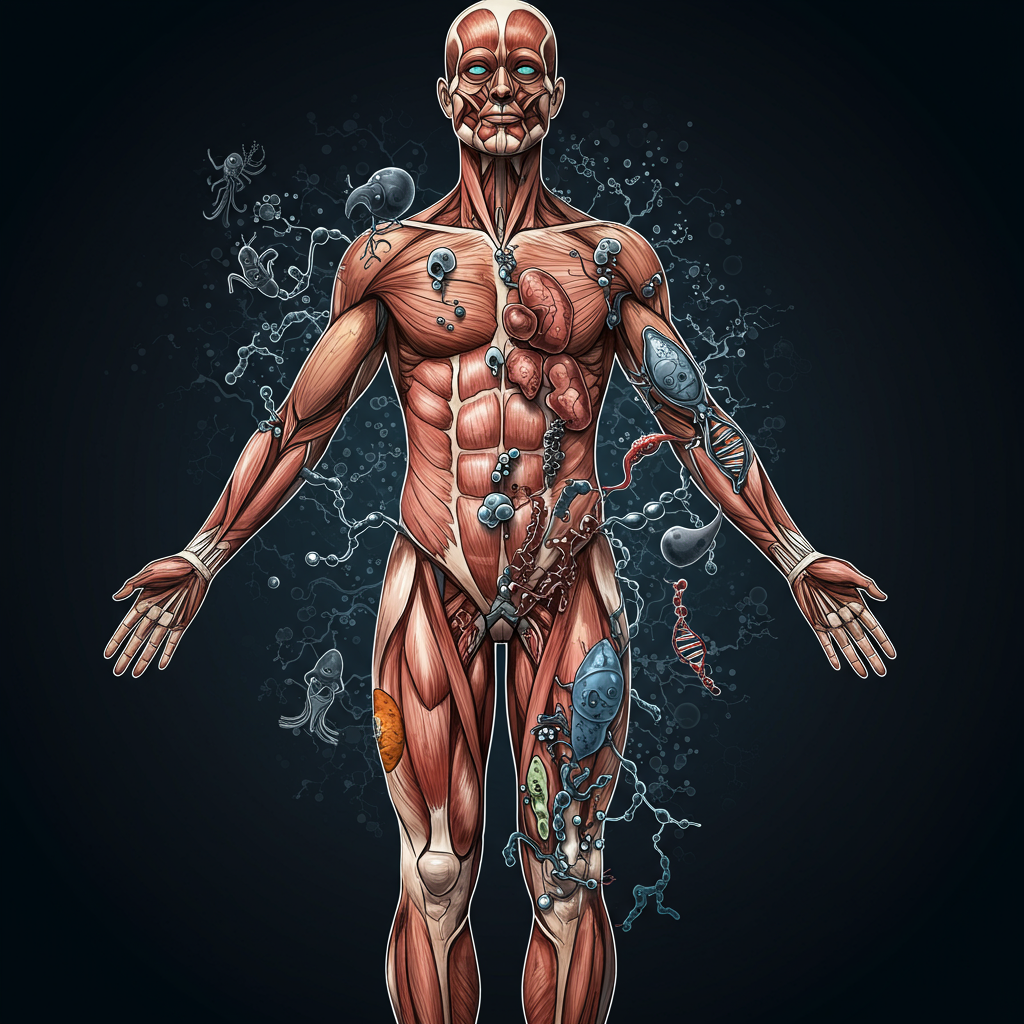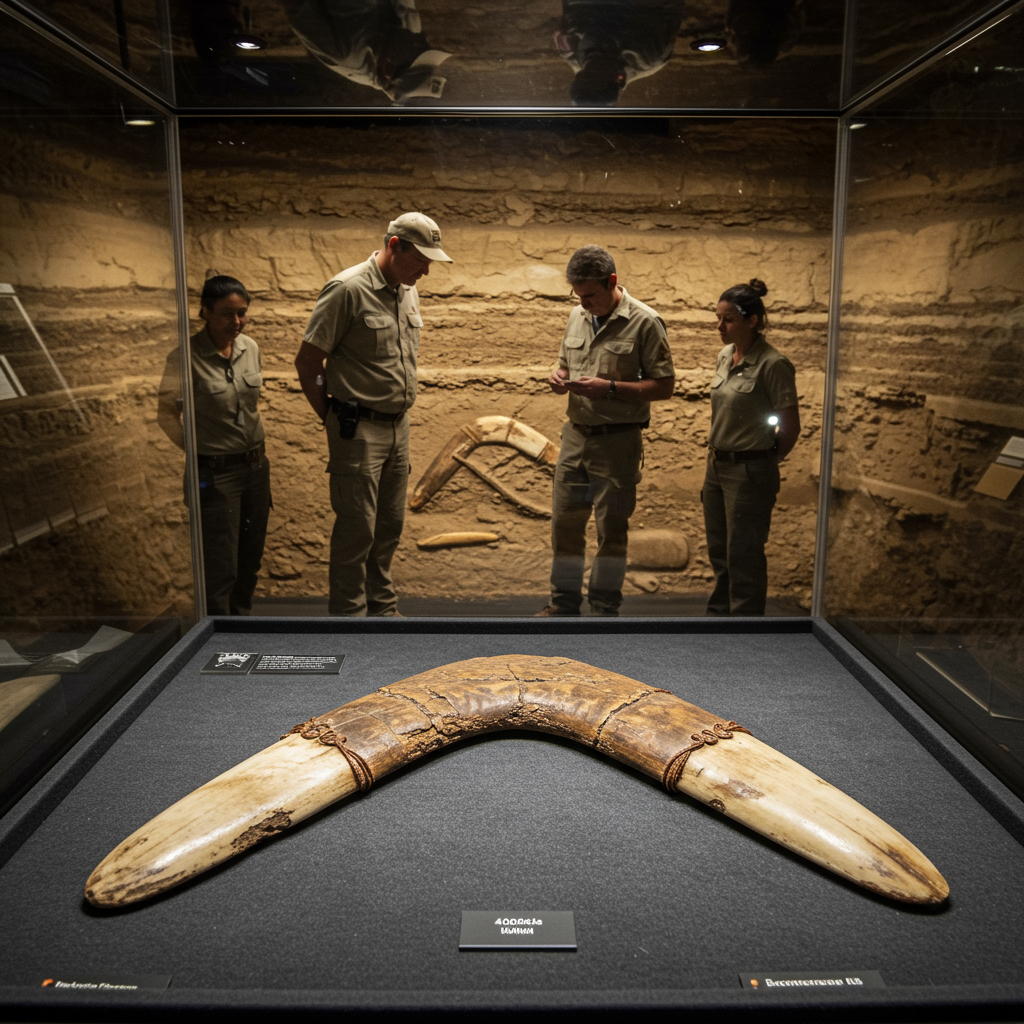More parents are exploring veganism for their children, driven by diverse motivations ranging from environmental impact and ethical concerns about animal welfare to the potential health advantages of plant-based eating. This shift is part of a growing global trend. While specific worldwide statistics are hard to pinpoint, estimates suggest millions of people, including families, are adopting plant-based lifestyles.
However, the decision to raise children on a purely vegan diet – one that excludes all animal products like meat, fish, dairy, and eggs – isn’t without complexity. Media reports highlighting isolated cases of severe malnutrition in vegan infants have raised concerns, leading some to question its safety for developing bodies.
Expert opinions on veganism in childhood vary internationally. Official health bodies in the United States and the United Kingdom largely agree that a well-planned vegan diet can be safe and healthy for infants and children. Conversely, health authorities in some European nations, such as Germany, France, Belgium, and Poland, have expressed reservations, urging particular caution.
Historically, robust research specifically focused on the long-term health outcomes of plant-based diets in children has been limited. Fortunately, this is changing, with newer studies providing valuable insights into how veganism impacts childhood growth and development.
So, what does the current scientific understanding tell us about raising children on a vegan diet?
Benefits of a Plant-Based Diet for Kids
Plant-based diets, when balanced and varied, offer several potential health advantages that can start in childhood. Nutritional scientist Federica Amati notes significant benefits related to cardiovascular health. Children following these diets often show decreased levels of ‘bad’ LDL cholesterol and a reduced risk of developing artery blockages, potentially leading to a lower risk of heart attack and stroke later in life.
Children on vegan diets also tend to be leaner and have a lower risk of obesity compared to those who eat meat and dairy. Additionally, a plant-based approach is associated with a reduced likelihood of metabolic diseases like type 2 diabetes and certain cancers, such as colorectal cancer.
These benefits are partly attributed to the inherent composition of plant foods. Plants are exceptionally rich in fibre, a nutrient most people, including children, don’t consume enough of. They also contain powerful molecules called polyphenols, which act as antioxidants and are linked to numerous health benefits.
Conversely, animal products, while providing essential nutrients, can be high in saturated fats. Consuming excessive amounts of saturated fat can raise LDL cholesterol levels, increasing the risk of heart disease.
Amati highlights the importance of looking at the overall nutritional package of foods. While a steak offers protein, iron, and zinc, it also comes with saturated fat and compounds like carnitine that may contribute to gut inflammation. In contrast, a plant food like edamame provides good protein along with fibre, beneficial vitamins, minerals, and polyphenols – a significantly different package.
Navigating Key Nutrients in a Vegan Child’s Diet
Despite the potential benefits, relying solely on plants requires careful attention to ensure adequate intake of nutrients that are either scarce or less bioavailable in plant form compared to animal sources. Children, with their rapid growth and development, have high nutritional demands, making this planning crucial.
The Critical Role of vitamin B12
Perhaps the most critical nutrient to manage on a vegan diet is vitamin B12. This micronutrient is made by bacteria and is primarily found in animal tissues and products. Vitamin B12 is essential for proper nerve function in the brain and the formation of healthy red blood cells.
While adults can store vitamin B12, making deficiency slow to appear, young children’s reserves can deplete much faster. Severe vitamin B12 deficiency in infants can lead to serious neurological issues. Tragic case reports exist of infants exclusively breastfed by vegan mothers with low B12 levels developing significant health problems.
Ensuring sufficient B12 intake is non-negotiable for vegan children. Clinical dietician Malgorzata Desmond stresses that supplements are the most reliable way to prevent deficiency. However, fortified foods like nutritional yeast, yeast-based spreads, fortified plant milks, and breakfast cereals can also contribute.
Ensuring Adequate Omega-3s
Omega-3 fatty acids, particularly EPA (eicosapentaenoic acid) and DHA (docosahexaenoic acid), are vital for cell membranes and brain function. These beneficial fats are primarily found in fish and algae. While plant sources like flax seeds, chia seeds, and walnuts provide ALA (alpha-linolenic acid), the body’s conversion of ALA into the more beneficial EPA and DHA is inefficient. To ensure adequate levels of EPA and DHA, vegan children may need supplements derived from algae.
Building Strong Bones: Calcium and Vitamin D
Calcium and vitamin D are fundamental for developing and maintaining strong bones. Although present in some plant foods, their concentration can be lower than in dairy. Vitamin D is also produced by the skin upon exposure to sunlight.
To meet the needs of growing bones, parents should incorporate calcium-rich plant foods and prioritize fortified options. Fortified plant milks and yogurts are excellent sources of both calcium and vitamin D. Encouraging safe sun exposure during appropriate hours also helps the body produce vitamin D.
Iron and Zinc Absorption
Iron and zinc are also important for children’s health. Plant sources like legumes, lentils, beans, and chickpeas provide these minerals. However, the body absorbs iron from plant foods (non-heme iron) less efficiently than iron from animal sources (heme iron). Absorption can be significantly improved by pairing plant iron sources with foods rich in vitamin C, such as peppers, tomatoes, or citrus fruits. Careful planning is needed to ensure adequate intake.
Balancing Protein, Calories, and Fiber
Protein is the building block for growth, especially critical during childhood’s rapid development phases. While plant foods offer protein (nuts, legumes, soy products, whole grains), concerns exist about the quality of plant protein compared to animal protein regarding growth promotion. Vegan children need a varied diet including good sources of protein.
Plant-based foods are often lower in calorie density but high in fibre. While high fibre is usually a benefit, excessive fibre intake in young children can lead to feeling full quickly, potentially limiting overall food consumption and calorie intake needed for growth. Including some calorie-dense plant foods like nuts, seeds, nut butters, avocados, and nutrient-rich oils, alongside balancing fiber intake (e.g., using some refined grains, peeling vegetables), is important.
What the Science Says: Real-World Data
While official guidelines suggest planned vegan diets can be safe, real-world studies provide nuanced insights. A notable 2021 study by Malgorzata Desmond and colleagues compared the health of Polish children on vegan, vegetarian, and omnivorous diets.
The study had positive findings for vegan children: they were leaner, had lower cholesterol levels, and showed reduced signs of inflammation. These factors could contribute to a lower risk of heart disease in adulthood.
However, the study also highlighted areas requiring attention. Although two-thirds of the vegan children supplemented with B12, they were at higher risk of deficiencies in iron, vitamin D, and B12 in practice. They also had lower calcium levels compared to omnivorous children, though the difference was only slight.
Concerningly, the study found that vegan children were, on average, 3-4 cm shorter than their omnivorous peers, although still within the normal height range for their age. The most significant finding related to bone health: vegan children had 6% lower bone mineral density than omnivores. Since bone density is built primarily up to age 25-30, lower density in childhood could potentially increase the risk of osteoporosis and fractures later in life.
The exact reasons for this lower bone density aren’t fully understood. While calcium intake was slightly lower, Desmond suggests it might be a combination of factors, including potentially less growth-promoting plant protein compared to animal protein, which stimulates growth factors important for bone strength. Both Amati and Desmond emphasize that this is findings from one study and more research is needed to definitively understand the link and underlying causes.
These real-world findings underscore that even with access to supplements, achieving adequate nutrient levels requires careful planning and consistent effort. Isolated cases of severe deficiencies resulting in serious health consequences, like the tragic instances in Italy (low calcium) and Belgium (inadequate milk substitute), serve as stark reminders of the risks if not managed diligently.
Making a Vegan Diet Work Safely for Your Child
Experts agree that a vegan diet can be safe for children, but it requires a responsible, informed approach to avoid known pitfalls.
Consulting Experts
The most crucial step for parents considering or practicing veganism for their children is to seek professional guidance. Consulting a healthcare professional, specifically a paediatric dietitian or registered nutritionist, is highly recommended. These experts can help plan a balanced diet tailored to the child’s age and needs and provide strategies for monitoring growth and development to quickly identify any potential delays.
Smart Supplementation and Fortification
Supplementation should be viewed as an essential part of a healthy vegan diet for children, not an optional extra. Vitamin B12 supplements are paramount. Algae-based omega-3 supplements are important for ensuring adequate EPA/DHA. Vitamin D supplementation is often necessary, especially in areas with limited sunlight, and can be found in fortified plant milks alongside calcium. Iron supplementation might be required depending on the child’s diet and iron status.
Prioritizing Whole Plant Foods
While vegan convenience foods exist, a healthy vegan diet for children should be based on a wide variety of whole, nutrient-dense plant foods. This includes a colourful array of vegetables and fruits, legumes, beans, lentils, nuts (in appropriate forms for age), seeds, and whole grains. Relying heavily on processed vegan alternatives often results in a nutritionally poor diet, even with supplements. Focus on making half the plate fruits and vegetables, one-quarter whole grains, and one-quarter plant-based protein sources.
Tips for Nutrient Absorption
Maximize nutrient absorption by combining foods strategically. For example, pair iron-rich foods like lentils or spinach with vitamin C sources like bell peppers or citrus fruits.
Addressing Social and Emotional Aspects
Consider the social and emotional aspects of a child following a restricted diet. Talk to children about their diet in a positive way and help them navigate social situations like parties or school lunches where food options might be limited. For older children and teens, be mindful of the reasons behind their dietary choices to ensure it’s not linked to disordered eating patterns.
Frequently Asked Questions
What are the biggest nutritional challenges of a vegan diet for children?
The primary challenges for a vegan child’s diet include ensuring sufficient intake of vitamin B12, omega-3 fatty acids (specifically EPA and DHA), calcium, vitamin D, and iron. Vitamin B12 is not reliably found in plant foods, while EPA/DHA are mainly in fish/algae. Calcium and Vitamin D sources can be less bioavailable or lower in quantity than in dairy. Iron from plants is harder for the body to absorb. Protein quality and balancing calorie and fiber intake also require attention for optimal growth.
Is it necessary for vegan children to take supplements?
Yes, supplementation is generally necessary and highly recommended for vegan children. Vitamin B12 supplementation is considered essential due to its absence in plant foods and its critical role in neurological health and blood formation. Supplements for omega-3s (algae-based), vitamin D (especially without adequate sun), calcium (if intake from fortified foods/greens is low), and potentially iron are often needed to ensure all nutritional requirements are met for healthy growth and development.
How can parents ensure their vegan child gets enough nutrients for growth and bone health?
Ensuring nutrient intake for growth and bone health requires meticulous planning. Parents should prioritize fortified plant milks and cereals, use supplements (B12, D, Omega-3, maybe Calcium/Iron), incorporate calcium-rich greens and legumes, pair iron sources with Vitamin C, and ensure adequate calorie intake from nutrient-dense plant foods like nuts and seeds. Consulting a paediatric dietitian is crucial for personalized guidance, meal planning, and monitoring the child’s growth and bone development.
Conclusion
Raising children on a vegan diet can be a healthy and viable option, offering potential benefits alongside ethical and environmental considerations. However, it is unequivocally clear that a vegan diet for children demands meticulous planning, thorough nutritional knowledge, and consistent implementation to prevent serious deficiencies.
Key nutrients like vitamin B12 require mandatory supplementation, while careful attention must be paid to omega-3s, calcium, vitamin D, iron, protein, calories, and fibre. While some research highlights potential differences in growth or bone density compared to omnivorous diets, experts agree that with responsible planning, these risks can be mitigated. Consulting with a qualified paediatric dietitian or nutritionist is the most important step parents can take to ensure their vegan child receives all the necessary nutrients for thriving health and development.



